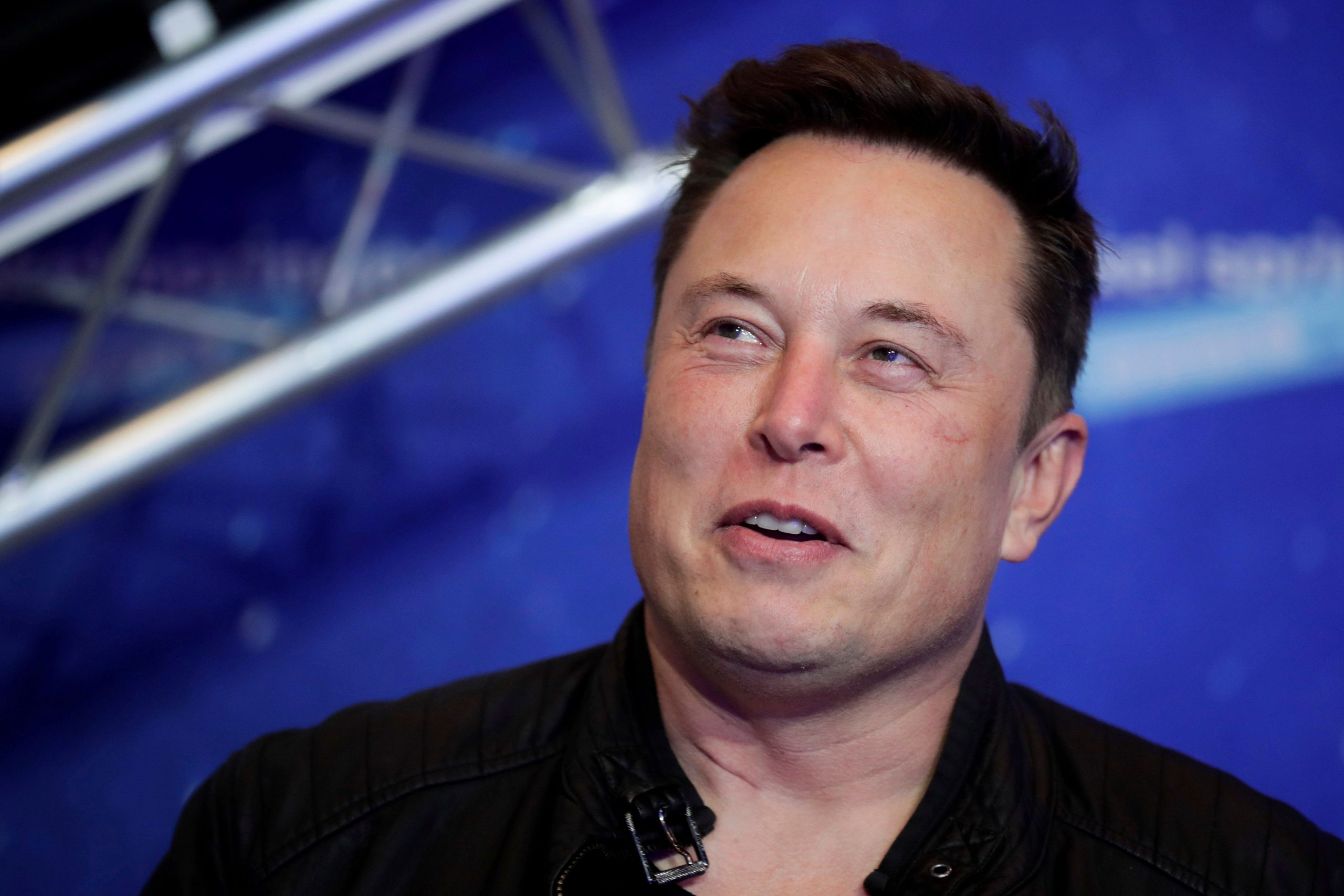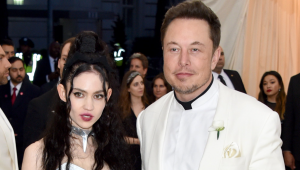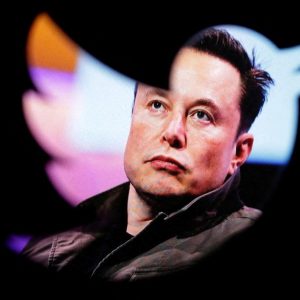SpaceX CEO Elon Musk announced the launch of Starlink V2 in 2023 on Thursday, August 25, 2022, in an event hosted by T-Mobile CEO Mike Sievert. SpaceX and T-Mobile announced a new partnership recently as the former is aiming to end mobile dead zones.
“Starlink V2, launching next year, will transmit direct to mobile phones, eliminating dead zones worldwide,” Musk tweeted.
Mobile phones will be able to connect to the Starlink satellites using the Coverage Above and Beyond setup from 2023 and provide a connection bandwidth of between 2-4 Megabits per second in a specific coverage area.
Also Read: What Peiter Zatko’s whistleblowing complaint means for Twitter, Elon Musk
“Note, connectivity will be 2 to 4 Mbits per cell zone, so will work great for texting & voice calls, but not high bandwidth,” Musk wrote in a subsequent tweet.
The 51-year-old tech genius also explained that the upcoming generation of the Starlink satellites, which will be launched in the next year, will be able to use T-Mobile’s mid-band PCS spectrum. He also revealed that the new generation of Starlink satellites will have huge antennas, around 5-6 meters across, which will help enable connectivity. The satellites will be launched using a new Starship rocket by SpaceX.
According to the company, the new connection will let the users send text messages, and MMS and use selective messaging applications whenever there is a clear sky, without the need for a traditional service.
“If there aren’t too many people in the cell zone, you may potentially even have a little bit of video,” Musk said at the event on Thursday.
Also Read: Elon Musk flaunts letter from Stanford prof, jokes about changing his PO box
Musk also went on to reveal that the new connection will also work without access to Starlink’s entire constellation of satellites. If limited to particular services in places that do not have any cellular connectivity, it can provide basic coverage, however, the downside will be a user might have to wait for half an hour for a message to be delivered.
Musk and Sievert also revealed that the companies are looking to make new partnerships around the globe, who are interested in sharing the spectrum, allowing more users access to the SpaceX and T-Mobile connections.






